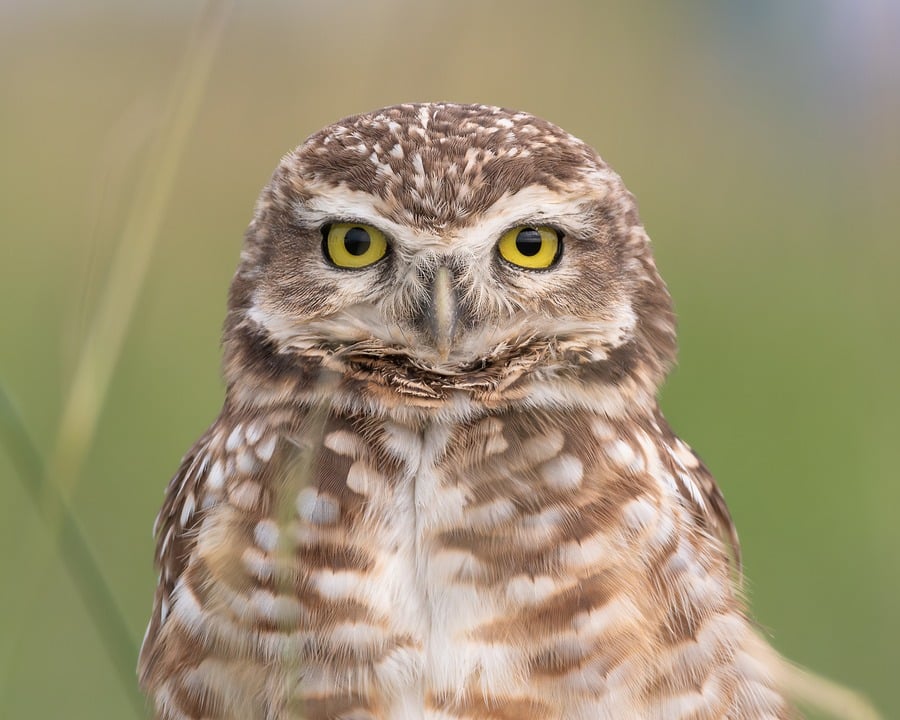When we think of superstitions, images of black cats crossing our paths or broken mirrors may come to mind. However, superstitions have a long and complex history that goes far beyond these common beliefs. From witchcraft to werewolves, superstitions have evolved over centuries, shaping the beliefs and actions of people around the world.
Historical Context
Superstitions have been a part of human culture for as long as recorded history. In ancient civilizations such as the Egyptians and Greeks, superstitions played a significant role in daily life. For example, the ancient Egyptians believed in the power of amulets to protect them from evil spirits, while the Greeks saw owls as symbols of bad luck.
During the Middle Ages, superstitions reached a fever pitch with the rise of witch hunts and trials. The fear of witches and their alleged powers led to widespread persecution and violence, resulting in the deaths of thousands of people, mostly women. Superstitions about witches, black magic, and the devil were pervasive during this time, fueling hysteria and paranoia.
Current State
While the beliefs and practices of witchcraft and werewolves may seem like relics of the past, superstitions continue to influence modern society in various ways. From lucky charms to Feng Shui, superstitions persist in our daily lives, often without us even realizing it. For example, many people avoid walking under ladders or crossing paths with black cats out of superstition, even if they don’t believe in their supposed powers.
In some cultures, superstitions about witchcraft and werewolves remain strong, leading to fear and discrimination against certain groups. For example, in parts of Africa, accusations of witchcraft can lead to violence and even death, highlighting the lasting impact of superstitions on society.
Future Predictions
As we move further into the 21st century, the influence of superstitions on society may continue to evolve. With the rise of social media and globalization, superstitions from different cultures are spreading more rapidly than ever before, shaping the beliefs and behaviors of people around the world.
However, as science and technology advance, superstitions may gradually decline as people rely more on evidence-based reasoning rather than superstition to explain the world around them. While superstitions will likely never disappear entirely, they may become less prevalent as society becomes more educated and rational.
Conclusion
In conclusion, superstitions have played a significant role in shaping human culture and beliefs throughout history. From witchcraft to werewolves, these beliefs have influenced the actions and decisions of people around the world, often with profound consequences. While superstitions continue to persist in modern society, their influence may wane in the face of advancing science and technology.
Thank you for taking the time to explore the fascinating world of superstitions with us. For further reading on this topic, we recommend diving into books and academic articles on folklore and superstitions for a more in-depth exploration.
